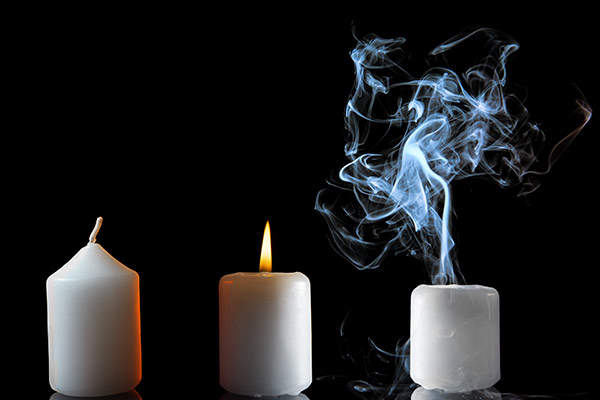
Injuries to Adults: The Litigation Process
Building a Strong Case for Justice
The successful prosecution of a serious injury or wrongful death claim requires a skilled legal team capable of proving negligence, causation, and damages. At Solar Law, we assemble top professionals—including lawyers, investigators, forensic experts, and medical specialists—to build the strongest possible case.Beyond proving liability, proper case management is critical. We work closely with medical experts, vocational rehabilitation professionals, and life care planners to ensure clients receive the support they need to recover and regain the highest quality of life possible.
Investigating the Case
A serious injury or wrongful death case begins with a thorough investigation, including:
- Interviews with the victim or eyewitnesses(if the victim is deceased or incapacitated)
- Collection of key evidence(police reports, EMS and emergency room records, surveillance footage)
- Site inspections and forensic analysis
- Engagement of private investigatorsto interview witnesses and reconstruct events
Forensic experts play a critical role in trial litigation by applying specialized knowledge to evaluate evidence and establish key facts. These experts include:
- Medical professionals(doctors, nurses, EMS personnel)
- Accident reconstruction specialists
- Engineers & safety experts
- Forensic scientists(toxicologists, biomechanical experts, and crime scene analysts)
Filing the Lawsuit
Once the initial investigation is complete, the legal team reviews the findings to determine:
- Is there a legal basis for filing the lawsuit in good faith?
- Should the case be filed in State or Federal Court?
Discovery: Gathering Critical Evidence
The discovery process allows both sides to exchange relevant information and evidence before trial. This prevents surprises and ensures that the case is built on a foundation of facts, not speculation.
Key Discovery Methods:
- Subpoena– A court order requiring a person to testify or provide physical evidence.
- Deposition– A formal, sworn testimony taken outside of court. Depositions may be recorded via transcript or video and are used to challenge credibility at trial.
- Interrogatories– Written questions requiring the other party to respond under oath.
- Requests for Production– Demands for documents, digital evidence, or other tangible items relevant to the case.
- Requests for Admission– A legal tool requiring the opposing party to admit or deny specific statements under oath.
Mediation: Resolving Cases Outside of Court
Mediation is a structured negotiation process where an impartial mediator helps both parties seek a mutually agreeable resolution. Mediation may be:
- Voluntary, if both sides agree to explore settlement options
- Court-ordered, requiring participation before proceeding to trial
Trial: The Fight for Justice
A trial is a formal courtroom proceeding where evidence is presented before a judge and jury. While courts set trial dates, delays are common due to procedural challenges, witness availability, and legal motions.
Trial Process:
- Pre-Trial Motions– Legal arguments before opening statements
- Jury Selection– Choosing an impartial jury
- Opening Statements– Each side presents an overview of their case
- Presentation of Evidence– Witness testimony, expert analysis, and documentary evidence
- Motions & Legal Challenges– Addressing procedural disputes during the trial
- Closing Arguments– Final case summaries to persuade the jury
- Jury Deliberation & Verdict– The jury determines liability and damages
At Solar Law, we have successfully litigated cases against corporations, government agencies, nonprofit organizations, and individuals responsible for serious injuries or wrongful deaths. Our trial expertise ensures that clients receive the justice and compensation they deserve.
Justice for Victims. Accountability for Wrongdoers.
If you or a loved one has suffered a serious injury or wrongful death, Solar Law is ready to fight for you.
Call our 24/7 HOTLINE at 713-557-2524 for a FREE consultation.
IF YOU DON’T WIN, YOU DON’T PAY.